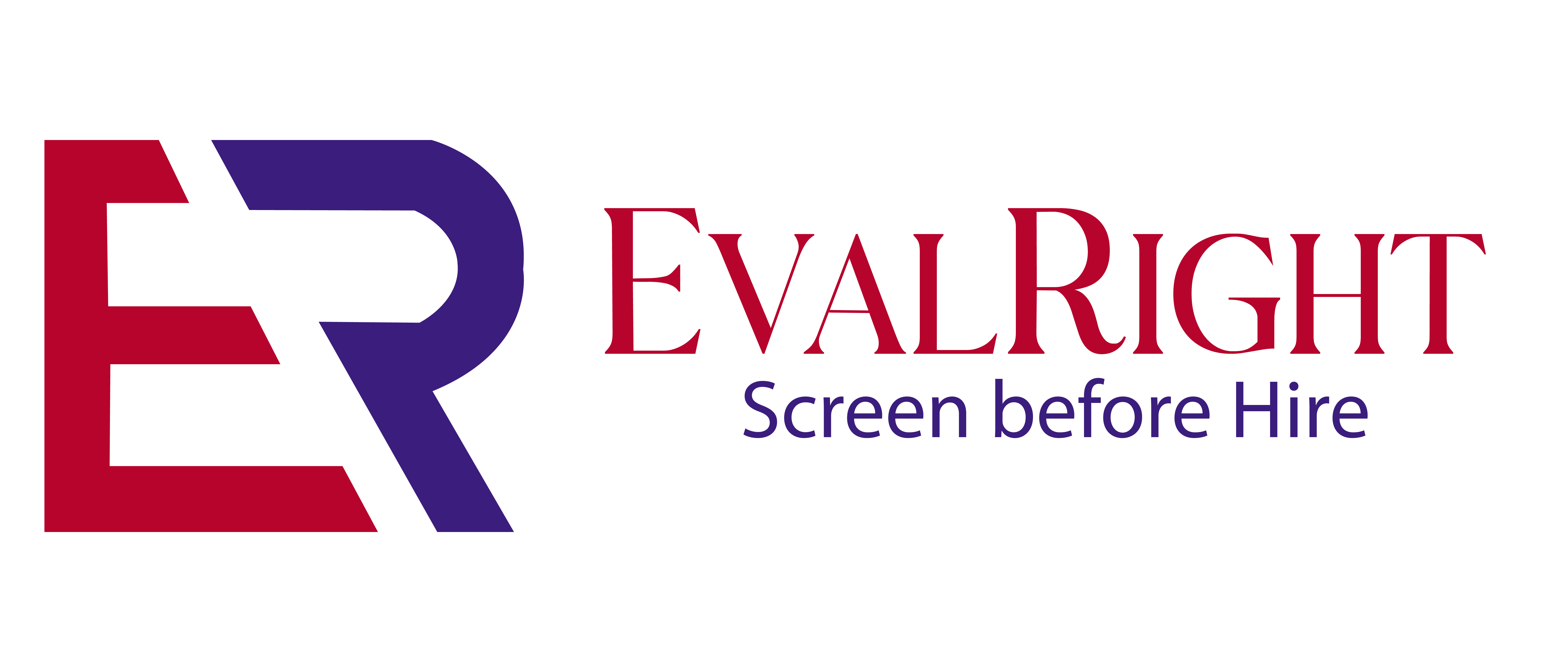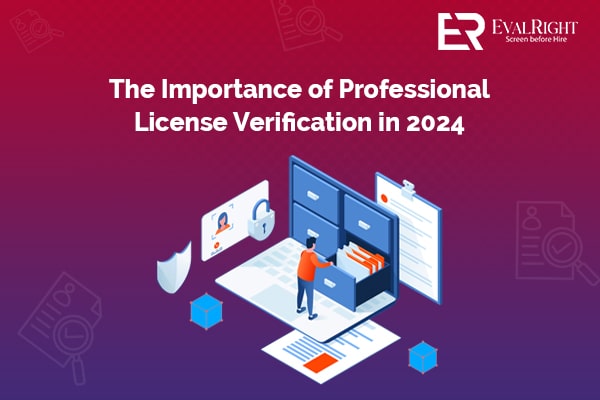Professional license verification is the process of confirming that a candidate holds the professional licenses they claim to have, and that these licenses are valid, active, and in good standing. This verification is important for roles that require a specific license to practice, such as in healthcare, law, finance, and engineering.
What Does Professional License Verification Involve?
- Verification of License Type: The verification ensures that the candidate holds the appropriate professional license (e.g., medical, legal, accounting, etc.) required for the job.
- Confirmation of Validity: The license is confirmed to be current and valid, ensuring that it hasn’t expired, been revoked, or suspended.
- Checking for Good Standing: The verification checks whether the license is in good standing with the relevant governing body, with no disciplinary actions or restrictions.
- Verification of License Number: This step involves checking the unique license number to ensure it corresponds to the individual being screened.
- Review of Renewal Status: Some professions require regular renewals or continuing education. The verification ensures that the candidate has complied with these requirements.
Why is Professional License Verification Important?
- Ensuring Compliance: For many industries, professional licenses are legally required. Verifying licenses ensures that companies comply with local, state, and federal regulations.
- Preventing Fraud: Candidates may falsely claim to have certain licenses to meet job requirements. License verification helps prevent fraudulent claims and ensures that the candidate is truly qualified.
- Maintaining High Standards: Verifying licenses ensures that only qualified and licensed professionals are hired, helping maintain the quality and safety of services provided.
- Risk Management: Hiring an unlicensed or improperly licensed individual can expose a company to legal and financial risks, especially in regulated industries.
How is Professional License Verification Done?
- Direct Verification with Licensing Authorities: Employers or background check agencies can contact the licensing boards or regulatory bodies directly to confirm the details of the candidate’s license.
- Online Licensing Portals: Many professional licensing boards have online portals where employers can look up license information based on the candidate’s license number.
- Third-Party Background Screening Services: Employers often use third-party services that specialize in verifying professional licenses, which streamline the process and ensure accuracy.
Key Benefits of Professional License Verification
- Legal Compliance: Ensures the candidate meets the legal requirements to perform the job, particularly in regulated fields.
- Ensures Quality and Safety: Verifies that candidates meet the necessary standards and qualifications, which is essential for industries like healthcare, law, and finance.
- Mitigates Risk: Prevents potential legal and financial liabilities that could arise from hiring an unqualified individual.
- Enhances Credibility: By ensuring that employees hold valid professional licenses, employers build trust with clients and maintain the integrity of their organization.


